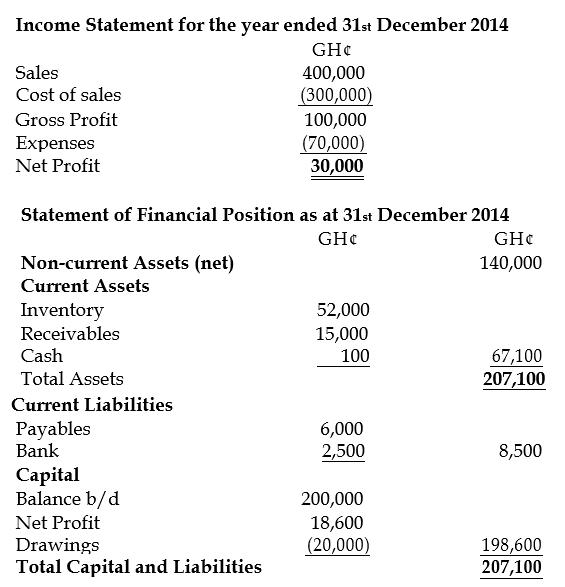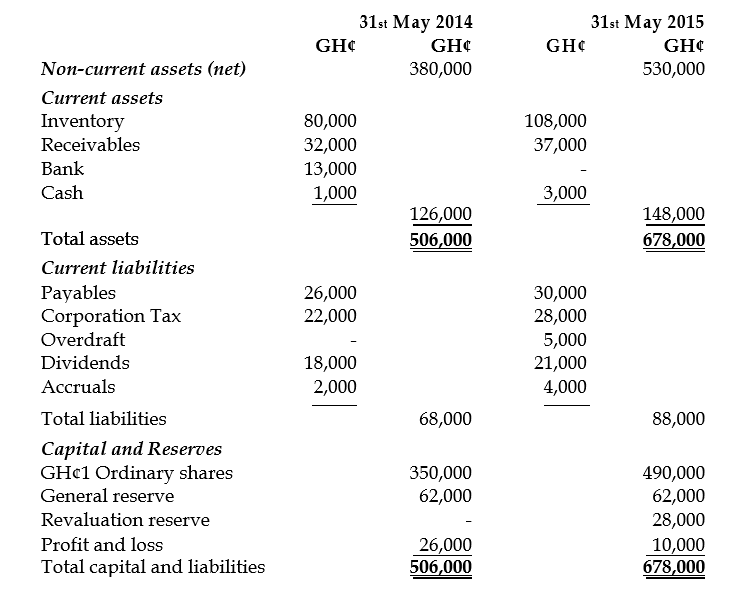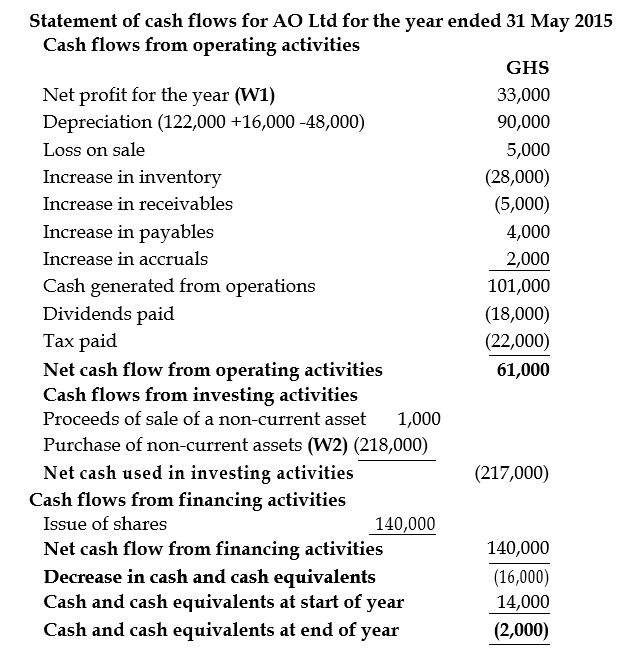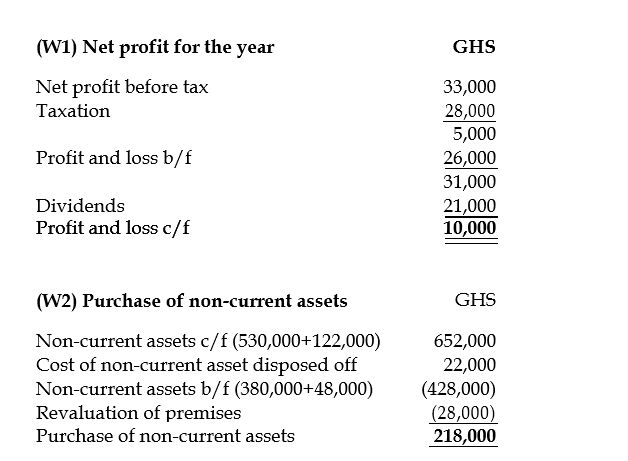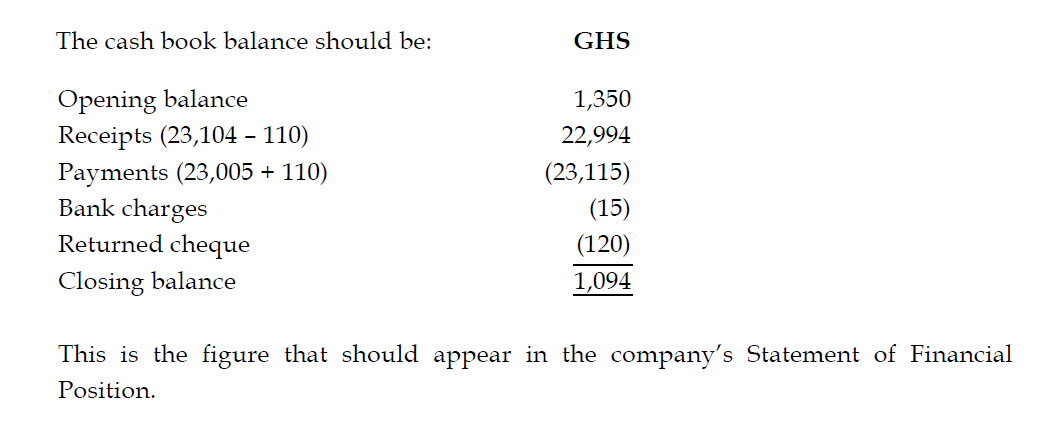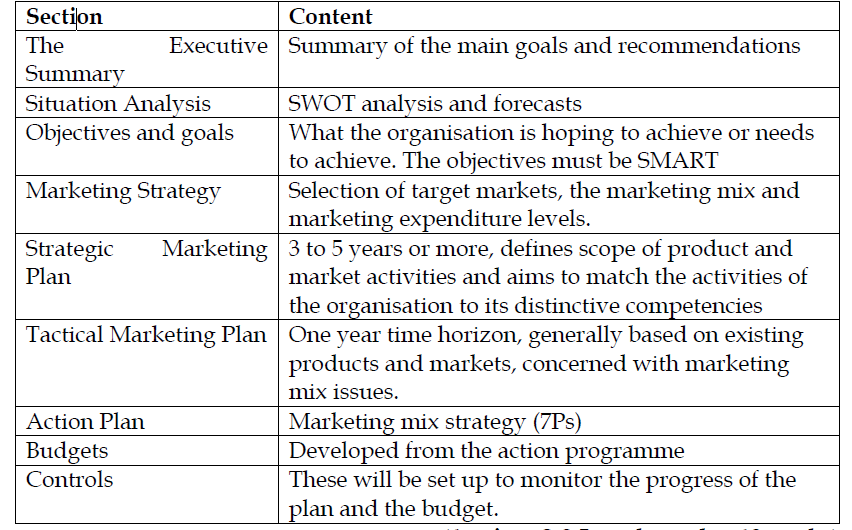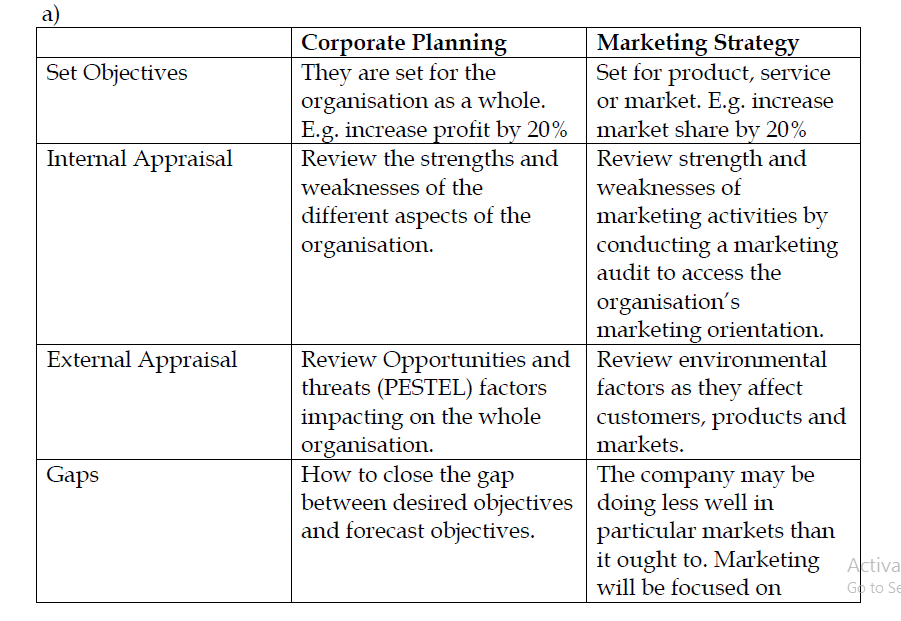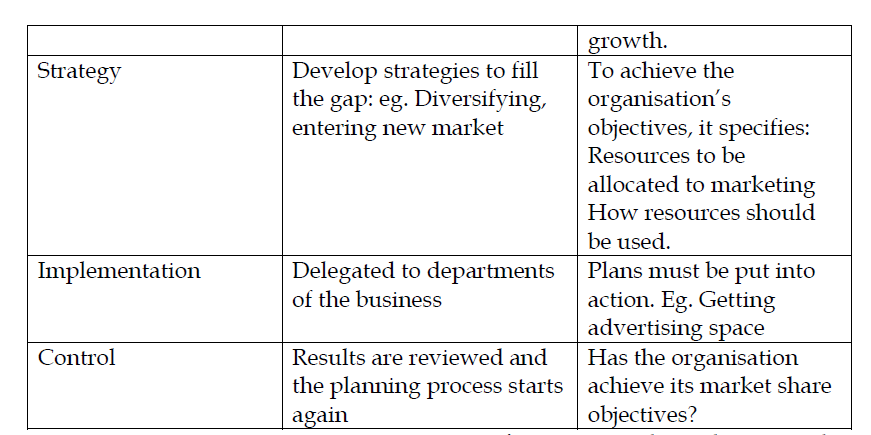May 2019 Q2.
TestCo Company Ltd (TCL) introduced a product, YZ Sap, into the North East Region market and the patronage was very encouraging. In a conversation with a friend, the Managing Director of TCL, Asembibeba, made a strong case for taking risks without necessarily planning for the outcome. In his opinion, introducing YZ Sap into the North East Region without a formal planning process and its positive outcome suggests that planning is not necessary when entering a new untapped market.
Required:
a) Write a note to Asembibeba explaining clearly FIVE (5) reasons why there is the need for planning before embarking on a business venture. (10 marks)
View Solution
- It helps the organisation to take a long view and avoid short-termism, while at the same time providing a sensible approach to the uncertainty of the future.
- It guides the allocation of resources.
- It co-ordinates the activities of the various parts of the organisation, ensuring the integration of operational management decisions into the higher strategy, the wider organisational context and longer-term goals.
- It sets a standard by which the actual performance of the organisation is measured and controlled.
- It comforts providers of finance in particular, and encourages suppliers and employees to think in terms of a long-term relationship.
- The process of forming strategy requires wide and complex input, so it can have a beneficial effect on managers’ personal development and awareness, and can assist with management succession planning.
b) Write a second note to Asembibeba explaining FIVE (5) advantages of a formal system of strategic planning when embarking on a business venture. (10 marks)
View Solution
- Identifies risks. Strategic planning helps identify and manage risks.
- Forces managers to think. Strategic planning can encourage creativity and initiative by tapping the ideas of the management team.
- Forces decision making. Companies cannot remain static – they have to cope with changes in the environment. A strategic plan draws attention to the need to change and adapt, not just to ‘stand still’ and survive.
- Better control. Management control can be better exercised if targets are explicit.
- Enforces consistency at all levels. Long-term, medium-term and short-term objectives, plans and controls can be made consistent with one another. Otherwise, strategies can be rendered ineffective by budgeting systems and performance measures that have no strategic content.

